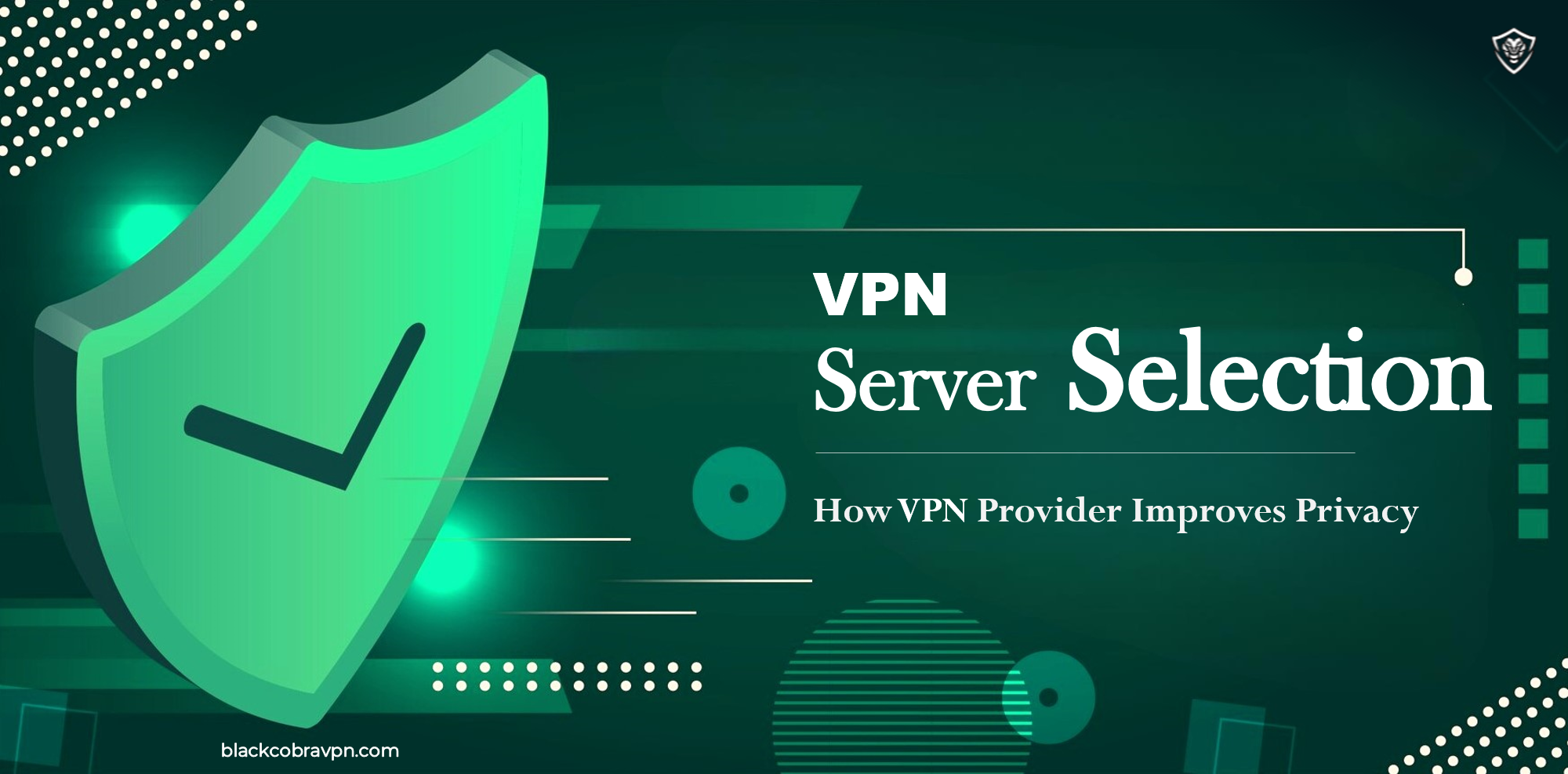Date Published:
August 27, 2025

These days, with digital privacy under constant threat and internet speed playing such a significant role in how you work and play online, picking the correct VPN server is more important than ever. Whether you're logging in from home for work, streaming your favorite shows, or just trying to browse without being tracked, the performance of your VPN comes down to one key thing: which server you connect to. Choose the wrong one, and you might end up with slower speeds or worse, less protection. The correct server can boost your connection speed, keep your data safe, and give you access to content from around the world.
This blog explains how VPN server selection works, what affects your speed and security, and how to pick a provider that gives you complete control.
At its core, VPN server selection refers to the process of choosing the specific server or server location through which your encrypted data travels. When you activate a VPN, your internet traffic is rerouted through a server managed by your VPN provider. The location, performance, and security features of that server directly influence your browsing speed and level of anonymity.
This means selecting the right VPN server isn't just a technical decision it's a strategic one that determines how effective your VPN will be for your specific needs.
Many users worry that VPNs slow down their internet. While that's a common concern, the reality is this: with proper VPN server selection, you can actually improve your speed and stability in many scenarios.
Choosing the right server location isn't just about speed- it's also about privacy. Different countries have different laws about data retention, surveillance, and privacy rights. Here’s how to navigate that landscape smartly:
To make the most of your VPN server selection, you need a provider that gives you tools, transparency, and trust. Here's what to look for:
Whether you're a power user or just getting started, these best practices can help you get the most from your VPN:
The impact of choosing the right VPN server is most visible when applied to real-world scenarios. For remote workers, selecting a server close to the company's regional office improves access to internal systems and reduces lag during video conferencing. For streamers, picking the right server helps unlock foreign content libraries and minimizes buffering. Gamers benefit from lower ping and more stable connections when connecting to servers optimized for gameplay. Even casual users can enjoy a faster, more private browsing experience simply by making informed choices about server location and provider.
VPNs offer powerful protection, but only if used correctly. With smart VPN server selection, you gain faster speeds, stronger privacy, and more freedom online. By pairing a reliable VPN provider with thoughtful server choices, you can transform your internet experience- stream more smoothly, browse more securely, and stay in control of your data.
In a world where speed and privacy often feel like a trade-off, the right VPN proves you can have both.
Start by choosing a trusted provider with flexible server options and make VPN server selection part of your daily digital routine. Your privacy and performance will thank you.
In recent years, many VPN providers have introduced advanced server-selection technologies such as smart routing algorithms and virtualized server infrastructure. These systems automatically assess network conditions in real time to optimize traffic flow, minimize latency, and balance loads across multiple servers.
Some VPNs now use virtual servers that appear to be in one country but are hosted in another for operational efficiency and better maintenance control. Understanding whether a server is physical or virtual and how that affects jurisdiction and data handling can help you make more informed choices.
Some of the best VPN providers also include features like dedicated IP servers, which are especially useful for business users or those accessing services that require a consistent IP address.
Another growing trend is the integration of VPNs with cloud-based security platforms, enabling unified threat management and DNS-level filtering in enterprise environments.
For journalists or activists operating in politically sensitive environments, selecting the right VPN server can mean the difference between secure communication and exposure to surveillance. In these cases, connecting to multi-hop or jurisdictionally neutral servers provides extra layers of anonymity.
Similarly, small businesses that rely on remote teams can use regionally optimized servers to ensure encrypted, reliable connections between colleagues across borders.
The future of VPN technology will likely rely even more on intelligent server selection. With the rise of AI-powered routing and self-healing networks, users will gain even greater control over performance and security.
But until then, choosing the right server manually based on purpose, geography, and privacy laws remains a critical step for anyone serious about safeguarding their digital life.